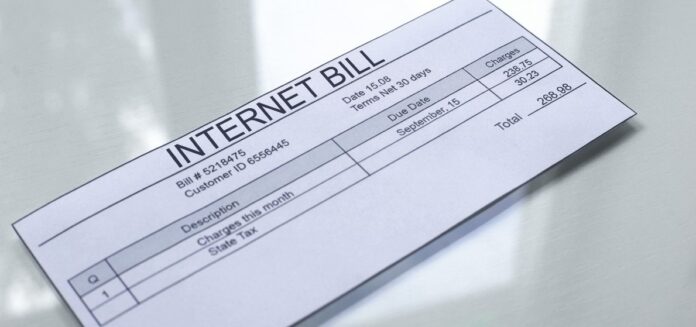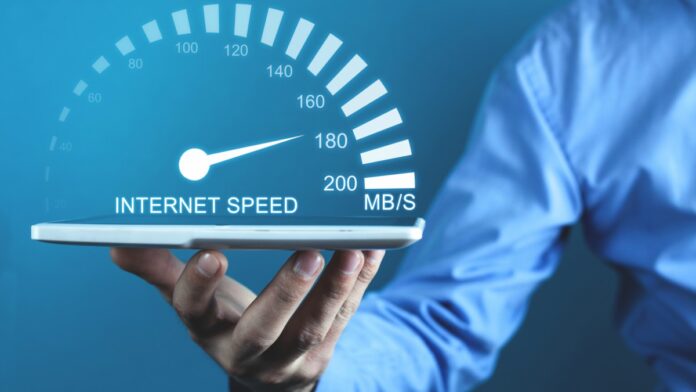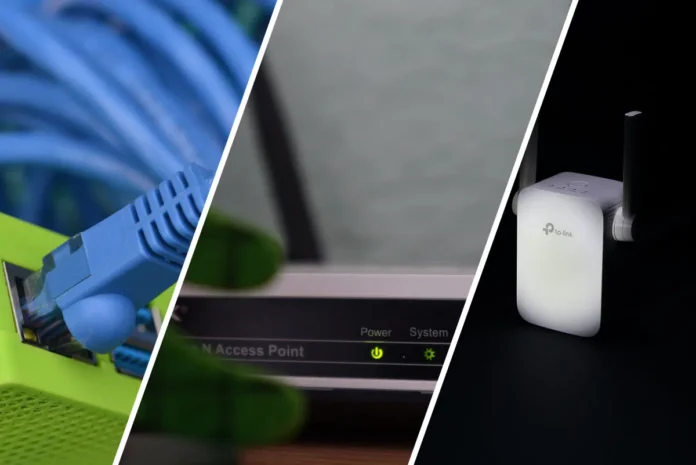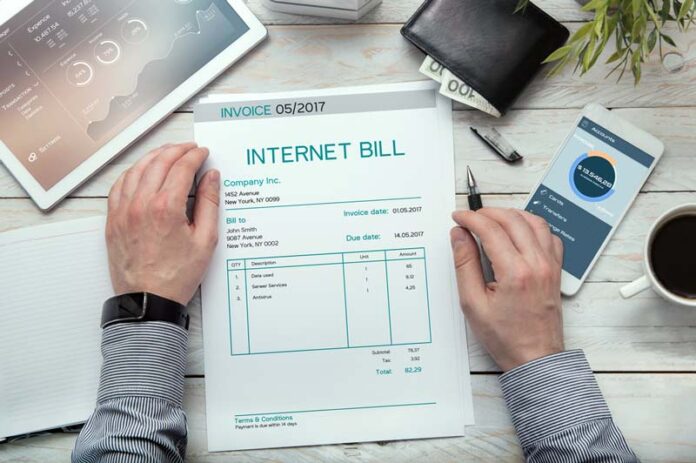When you’re having a bad year, large internet expenses might feel impossible to keep up with. You are frequently forced to let go of an internet connection entirely and wait till you can afford it again. However, we’re here to rescue your internet connection as there are workarounds to save up on your monthly internet bills so you may continue to use your internet connection.
Internet Access for Low-Income Families

Did you know that if you are deemed to be qualified, you may choose an economical wi-fi connection? If you match the following conditions, the federal government will pay you up to $30 per month for wi-fi access.
- Attending US Department of Agriculture community eligibility provision schools and participating in the Free and Reduced-Price School Lunch Program
- If you receive Supplemental Nutrition Assistance Program (SNAP) benefits, Medicaid, Lifeline, Supplemental Security Income (SSI), or Veterans Pension or Survivor Benefits.
- Food Distribution Program on Indian Reservations, Bureau of Indian Affairs General Assistance, Tribal TANF, or Tribal Head Start (income-based) participants live on qualified Tribal territories.
Many major internet service providers in the United States are taking part in this scheme. If you are a subscriber to one of them, you can apply for a federally mandated low-income internet connection.
How to Cut Your Internet Bill

If you’re still reading this, you’re probably paying more than you should for an internet connection. A typical internet connection should cost between $30 and $60 per month, depending on the speed, however, many internet services, including yours, charge between $80-$100 per month for a residential wi-fi connection. Contact HughesNet customer service if you are looking for one such plan at affordable rates, which are available nationwide.
Below are some suggestions to help you reduce your monthly internet price.
1. Cut the Cord
Do you really need to pay for television channels? The average monthly cost for cable TV is more than $100, depending on your area and the number of TV channels you desire.
Consider streaming services such as Netflix, Hulu, Amazon Prime Video, Sling TV, and others. They provide premium programming that you would ordinarily view on television. Do you like to watch Friends? It can be found on Netflix! Looking forward to the upcoming Fleishman Is In Trouble episodes? You may watch it on Hulu. Streaming services range in price from $6 to $15 per month.
As a result, cutting the cord and unbundling from the Internet and TV bundle will save you a lot of money!
2. Reduce Internet Speed

It’s possible that you have a high-speed internet connection and a few gadgets in your home that don’t need all of the bandwidth. Because internet speed is determined by the number of people at home and what they use the wi-fi for.
Older generations do not require the same internet speed as younger generations. Furthermore, a single internet user at home may not require a high-speed internet connection in the same way that a household with multiple devices does. Even with a low internet connection of 18 Mbps, one or two devices may perform online activities such as email, web surfing, streaming HD videos, and so on.
As a result, if your home does not have a large number of users, you can choose a low-internet-speed plan.
If you have a large family and they enjoy watching Netflix or playing video games on Twitch, decreasing speed will lower the quality of the internet. With kids using the internet more frequently than ever, having high-speed internet is essential to maintaining a calm home while being secure inside.
3. Bundle Up
If you can’t get rid of cable, at least make sure you combine it with your internet subscription. You may be losing out on $10 to $30 per month if you have cable and internet bundles from different companies.
You may save hundreds of dollars a year by combining cable and internet. All major providers—Spectrum, Xfinity by Comcast, and Cox—offer TV and internet bundles for around $90 – $100.
One drawback is that cable companies frequently entice customers with low-cost promotions that combine internet and TV packages. When the sale expires, the businesses raise their prices, and before you know it, you’re shelling out far more money than you bargained for. Be cautious and read the tiny print to avoid being held responsible.
4. Purchase Your Own Equipment

Your internet service provider provides you with the necessary equipment to connect to the wi-fi in your house. And they charge you monthly for it, and you must continue to pay for it as long as you are a subscriber to their wi-fi.
You have another choice. Most internet service providers permit the purchase of third-party routers and modems as long as they are compatible with their internet connection. A decent router may be found for approximately $50, which is probably less than the $5-$10 you are charged by your ISP, but it is still cheaper because you are purchasing it.
Check that the third-party internet equipment you choose is compatible with the type of wi-fi connection you have.
5. Try switching to Mobile Hotspot

If you simply use the wi-fi for basic online activities like checking emails, paying bills, reading the news, and searching for information on Google, you might be able to get by with just a mobile hotspot.
In case you didn’t know, a mobile hotspot is a tiny wireless network generated on your phone using cellular data. Mobile hotspots are extremely beneficial for people who are always on the move.
Purchase a mobile plan large enough to cover your phone’s use as well as additional devices that connect to the mobile hotspot.
Last Thoughts
Having an wi-fi connection is unquestionably a luxury, but it should truly be considered a need.
The suggestions provided above should assist you in dealing with your growing internet cost and if nothing else seems like a plausible solution for you, you ultimately have the power to negotiate. If you threaten to move your services elsewhere, Internet Service Providers (ISPs) will make some adjustments.









